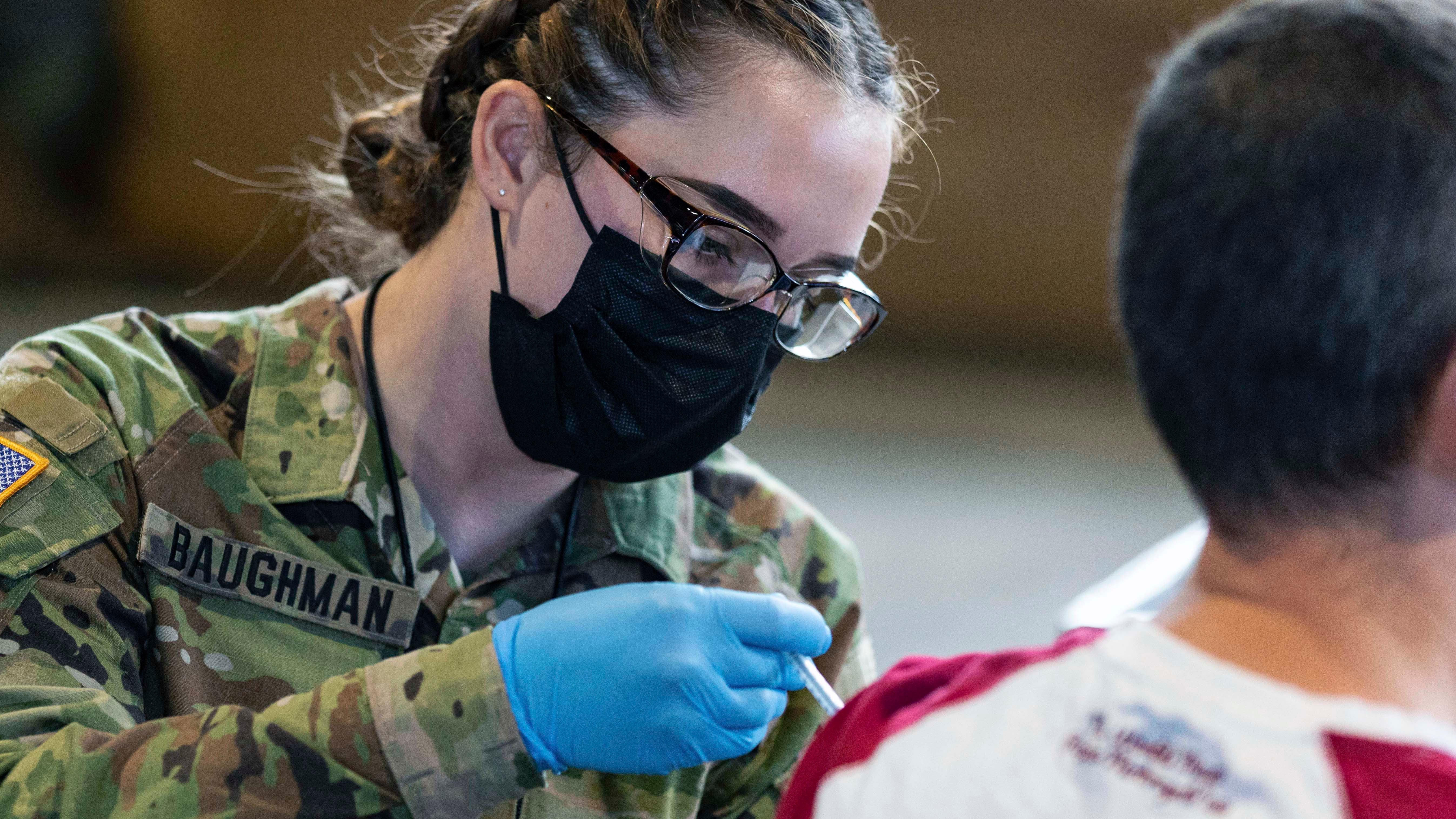
Officials will need to demonstrate why an immunization that is proven safe is beneficial to individuals and society, he said.Īmong the majority of the public, vaccines are embraced as safe and straightforward ways to prevent diseases, but worries about a Covid shot have escalated in recent months. The pursuit of a Covid shot has been increasingly politicized, reducing the number of people who are inclined to get one, according to Scott Ratzan, a doctor and public health specialist at the City University of New York. Public confidence in vaccines that haven’t been extensively tested could be low, according to analysts at HSBC Holdings Plc. That feat would be achieved by compressing into just months a development process that normally takes up to a decade. are among those in the final stage of tests, and pivotal data could come before the end of the year, clearing the way for emergency approvals. Vaccines led by AstraZeneca Plc and the University of Oxford, Pfizer Inc. One of the main concerns among doubters is that critical steps to demonstrate safety and efficacy could be carried out in haste, despite reassurances - like the pledge in September by nine US and European developers - to avoid shortcuts on science. Though the final stage of trials is not complete, thousands in China have already received doses under expansive emergency-use provisions. Chinese vaccine developers have been at the forefront of the race.


SPREADING VACCINE MISINFORMATION UNDERMINE EFFORTS IMMUNIZE FREE
A mainland-backed effort that offered free tests to all Hong Kong residents saw only a quarter of them come forward. If less than two thirds of nurses during an outbreak intend to get immunised, “we anticipate that promoting the vaccine to the general public in the post-pandemic period will be much more challenging,” they wrote.Īnxiety over China’s growing influence in the former British colony may be another factor behind the lack of conviction. Support was higher as cases surged, but slipped as infections ebbed, according to researchers including Kin On Kwok, an epidemiologist at the Chinese University of Hong Kong. It cited uncertainty over effectiveness, side effects and how long protection would last.

India selecting 30 crore people for Covid-19 vaccine: Media reportsĪ study in Hong Kong earlier this year found that only 63 per cent of nurses expressed a willingness to get a potential Covid shot. “It’s not going to help with take-up if you go to have your jab and the person who gives it to you isn’t able to say reassuring things.” “If healthcare workers are going to be expected to advocate for the vaccine, then their natural concerns will have to be addressed in advance,” she said. Medical workers would be careful not to damage the trust they’ve earned by promoting a product they don’t have faith in, said Sara Gorton, head of health at Unison, a union in the UK representing nurses, paramedics and others in the field. Nor should their support be taken for granted. Any worries they have about the quality of a vaccine could hamper wider acceptance. Medical staff are at heightened risk of catching the virus and spreading it to others, and will likely be among the first to get immunized. The effort to overcome that sentiment will start with health workers. Russia, Poland, Hungary and France had the lowest support, the World Economic Forum and Ipsos study showed. In a survey of 20,000 people conducted over the summer, more than a quarter of respondents said they wouldn’t get a Covid shot. Reluctant to take vaccineĪssuming immunisations can be successfully developed, mass produced and deployed, vaccine advocates will need to convince enough people the shots are key to ending the crisis. These misgivings could hobble the high-stakes quest to slow a pathogen that’s killed 1.1 million people. Temporary halts to studies because of unexplained illnesses in volunteers - a part of vaccine development that doesn't usually make headlines - add to the anxiety. ‘Serum India, Bharat Biotech to start trials in coming months’įading trust in governments, political interference and the dash to create a shot in record time are sowing doubts.

In the battle against the coronavirus, they may also run into reluctance from a broader swath of the population - people like Rice who would normally be on board. Governments and drugmakers have long faced scepticism, and even hostility, from a small but vocal group of anti-vaccination campaigners. “I don’t know enough of the science to know 100 per cent that it’s safe.” “This is a pretty unique one, just because it’s going to be so quick,” said Rice, 29. This time, as researchers sprint ahead with potential shots to protect the world against Covid-19, he’s not so sure. The Melbourne locksmith has received jabs in the past and understands that they go through rigorous testing before they’re rolled out.


 0 kommentar(er)
0 kommentar(er)
